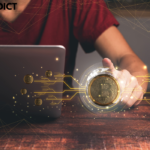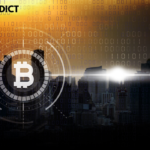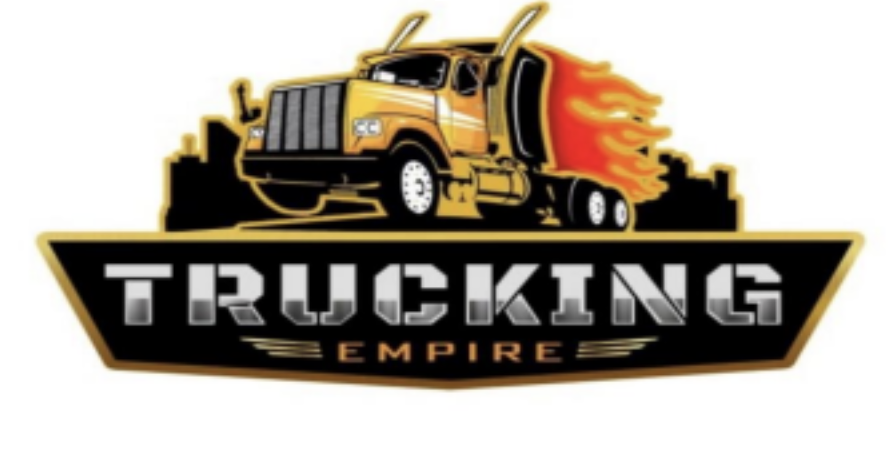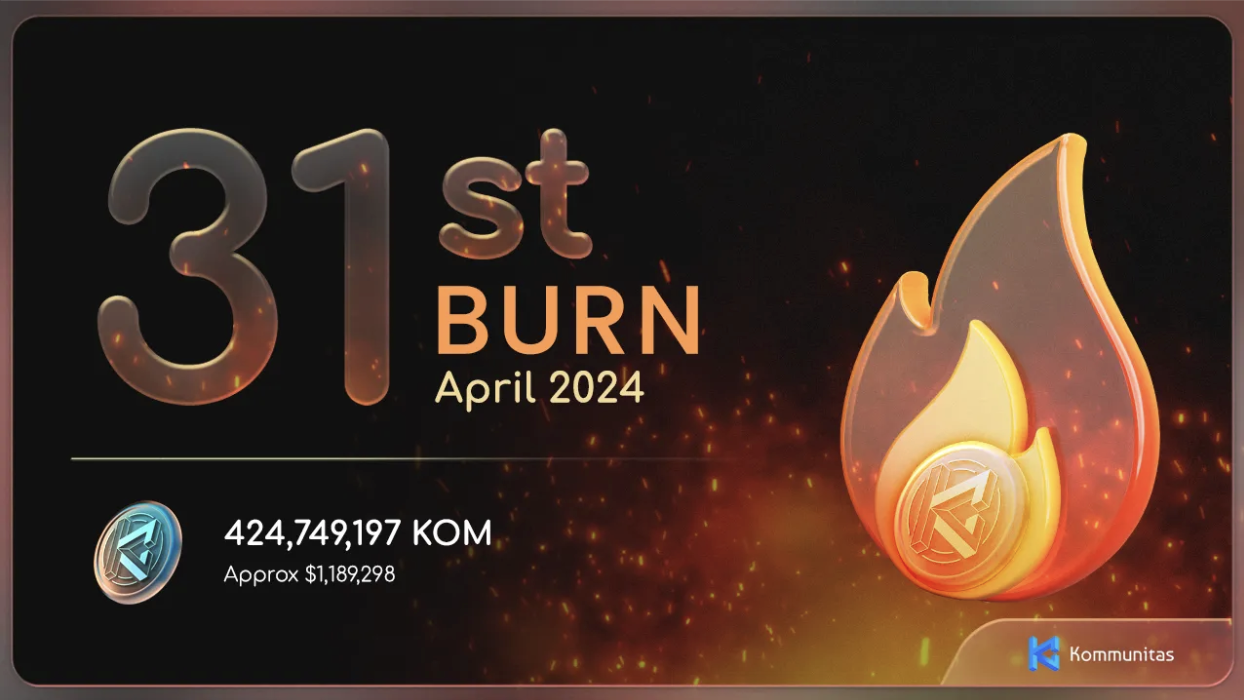The blockchain industry is noisy. In the third quarter of 2021, the crypto currency market was noisy due to the Specific Financial Information Act (Special Act), but recently the issue of taxation of virtual assets is a hot issue. In addition, in the crypto currency market Bitcoin Exchange Traded Fund (ETF), meme coin, and fandom coin are surging up and plunging down.
Several new decentralized finance (DeFi) platforms have appeared this year, and the non-fungible token (NFT) market has grown explosively. South America’s El Salvador introduced Bitcoin as a fiat currency, while China is accelerating the spread of its central bank digital currency (CBDC), the digital yuan. There are news of rapid growth not only in the crypto currency market but also in various fields where blockchain is used.
To hear about the overall story of the blockchain industry, the prospect of the crypto currency market, and NFTs, we met with Sung Jun Park, director of Dongguk University’s Blockchain Research Center. “The suspension of taxation on virtual assets, which has recently become an issue, will inevitably be extended,” Park said. Regarding NFT, which is showing explosive growth in particular, he argued that “NFT will grow in various forms and can change to an unpredictable level.”
Recently, there are many issues in the blockchain industry. Among them, the issue of taxation of virtual assets is the hottest. What do you think about virtual asset taxation?
To begin with, we believe that we will have no choice but to defer taxation. The number of domestic virtual asset investors has exceeded 7 million, and the ruling party, which does not have support for 2030, has no choice but to make a political choice to get even a little more vote.
Even if the political aspect is removed, in reality, it is not easy to tax virtual assets normally. Even if it is possible to tax the KRW market operated by the four major exchanges (Upbit, Bithumb, Coinone, and Korbit) that currently have real-name bank accounts, it will not be easy to tax the 21 exchanges that operate only coin markets. Exchanges are also in a difficult situation because they haven’t decided how to set the price standards for coins traded in the coin market. Aside from the issue of investor protection, it is realistically difficult to tax from January 1, since there are many systematic difficulties in securing taxation data.
So, if the system is resolved, is there any problem with the taxation of virtual assets?
No. I think that the more important issue than whether or not it is technically taxable lies in the virtual asset taxation policy itself. In the first place, the fact that income from virtual assets is classified as other income and deducted up to 2.5 million won means that investment in virtual assets is still viewed only as speculation or gambling. Taxation requires an understanding of the subject of taxation, but the current government seems to lack this understanding.
Not all virtual assets are the same, right? There are countless types of tokens and coins. Among them, there are tokens with the characteristics of currency, and there are security tokens. The idea that all tokens and coins are placed in one basket called ‘virtual assets’ without considering the characteristics of these tokens and coins and taxed at once. That in itself is nonsense.
In the case of security tokens, even though they are operated in a form similar to real stocks, I think that it is unreasonable to only receive a deduction of 2.5 million won because the target is in the category of virtual assets.
So, what should the government do about cryptocurrencies?
The most important thing is to first recognize cryptocurrency as an asset. Most of the factors that are causing problems in the current virtual asset taxation policy are that the financial authorities do not recognize virtual assets as assets. The reason it is classified as other income is because virtual assets are treated as intangible assets such as copyrights, not general assets.
In particular, the biggest problem with taxation is that the government is forcing the people to pay taxes without fulfilling the state’s duty to protect the people. It is also incomprehensible to impose unconditional taxation on the grounds that income is generated without even creating a framework for socially discussing how to tax virtual assets.
What kind of effort is required for cryptocurrency to be recognized as a complete asset?
It would be nice if the government could recognize virtual assets as assets, but it doesn’t seem easy right now. In this situation, I think it is important for the central bank digital currency (CBDC) to be popularized quickly. When a CBDC is issued, it becomes impossible to treat a virtual asset as an intangible asset because it has no substance. If the currency issued by the central bank is issued as a digital asset, virtual assets such as cryptocurrency will be recognized as complete assets.
For this reason, it is expected that the recent issuance of CBDCs in China will have a positive effect on the entire cryptocurrency market. Personally, I think the CBDC will be further triggered by the 2022 Beijing Winter Olympics. In the future, I think the status of virtual assets will be higher than it is now.
Recently, the metaverse and NFT markets are receiving a lot of attention. What do you think of Metaverse and NFT?
The metaverse will surely become an important industry in the future. Just like the dot-com craze with the spread of the Internet in the past, the metaverse will also change our lives. Of course, the current metaverse has some technical ambiguities, but as better technology emerges, it will develop to the point where it is impossible to distinguish the real world from the virtual world. For this, not only blockchain technology, but also technologies such as AR (augmented reality), VR (virtual reality), and artificial intelligence (AI) must be further developed.
If the metaverse world becomes popular, I think it will be a battle between existing cryptocurrencies from then on. Eventually, cryptocurrencies will play an important role in the metaverse economy. As the metaverse develops and cryptocurrencies compete, there is a possibility that it will eventually become a market where only the winners survive. Just like in the dot-com craze, 3% of the winners dominate the market and 97% of them disappear.
It is not easy to predict the future of NFTs. Currently, the characteristic of ‘irreplaceable’ has been hardened like the concept of NFT, but this concept of NFT can change. It’s hard to imagine what the NFTs of the future will look like. That is why we need to closely monitor the changes in NFT.
What does it mean for NFTs to change?
As blockchain technology advances, it is predicted that all tangible and intangible assets in the real world will eventually become digital. Among the numerous assets, marketable and unique assets will be the first to be created as NFTs. Currently, it is the art and art markets that meet these conditions. The art world is already rapidly transitioning to the NFT market. But this kind of NFTization will not stop in the art world. Eventually, more assets will be made with NFTs, and various changes will be experienced as they are made with NFTs.
I am also in the business of converting real assets into digital assets using these NFTs. It is a real estate market that is larger than the art market, yet each asset has a unique value. Andus, which I run, recently established Davius, a corporation to issue real estate NFTs. By making real estate assets, the most representative asset market, into NFTs, it is expected that more investors will be able to invest in real estate assets.
Real estate NFT is a bit unfamiliar. What is the concept?
To put it simply, it will be easy to understand if you think of splitting the shares of the apartment and making these shares with NFT. I am manufacturing the apartment I live in with NFT, and I am not selling all of the residence rights or ownership itself that I get while owning the apartment through NFT, but only the shares.
Investors can make an indirect investment in real estate by purchasing the NFT of the apartment. When it comes to real estate investment, it is usually thought that you have to purchase real estate such as an apartment yourself, but we will make it easier to invest in real estate through real estate NFTs. If the price of the real estate goes up, the price of the NFT will also rise, and investors who purchase the NFT will be able to get a return on their investment.
What are the advantages for property owners who create and sell properties with NFTs?
Most importantly, you can buy real estate more cheaply. For example, let’s say that someone buys a 1-billion-won apartment, leaving a 51% stake in it, and assumes that 49% of it is manufactured and sold by NFT. Since you are selling the stake in the apartment, you can expect a profit of 490 million won if you sell 49% of the stake. If so, the amount of money needed to actually purchase an apartment would be around 510 million won. Selling real estate NFTs has the advantage of being able to purchase real estate at a lower price.
In particular, there is nothing inconvenient about living in an actual apartment, as selling shares does not mean selling residence or ownership. If we use this well, we will be able to secure the cash flow of real estate assets, and furthermore, we expect that the value of real estate will not decrease, but it will be possible to create an environment where it can be purchased at a lower price.
Like the real estate NFT we are currently working on, NFT will not be limited to just one field. Assuming you want to convert any asset into a digital asset, the first thing you can do is NFT. As we start a completely new concept of real estate NFT business, we will have to wait and see what new NFTs will emerge.











